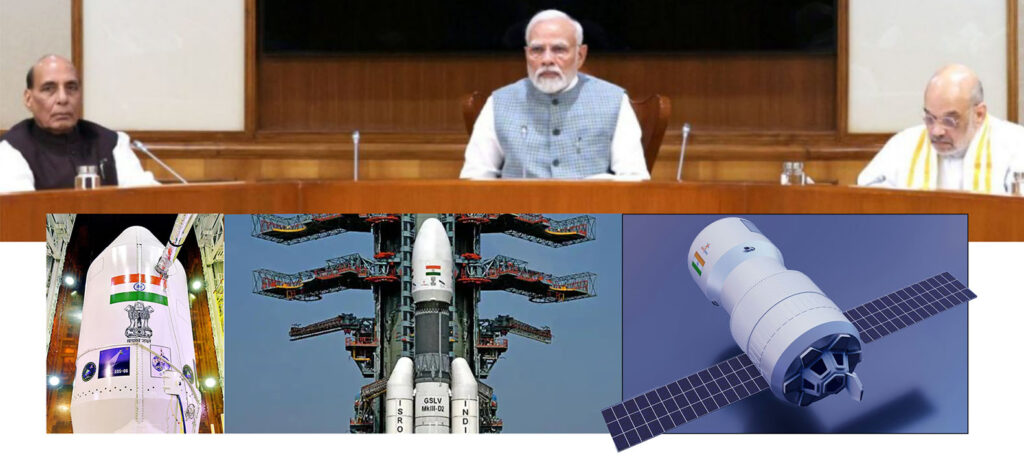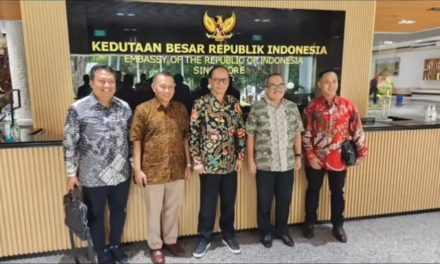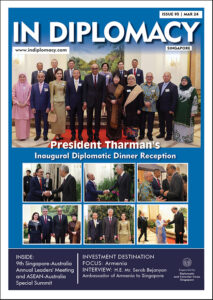
India’s Union Cabinet has approved an amendment in its Foreign Direct Investment (FDI) policy that will promote Atmanirbhar Bharat (independence and self-reliant) as well as boost private participation in India’s space industry
THE Union Cabinet, chaired by Prime Minister Shri Narendra Modi, has given its nod to the amendment in the Foreign Direct Investment (FDI) policy concerning the space sector. This amendment is aligned with the vision of an Atmanirbhar Bharat, as articulated by PM Modi.
Under the revised FDI policy, the space sector has been opened up to foreign direct investment in specific sub-sectors and activities. The amendment seeks to enhance the Ease of Doing Business in the country, attracting greater FDI inflows and thereby fostering investment, income, and employment growth.
The Indian Space Policy 2023 serves as a comprehensive framework to unlock India’s potential in the space sector through increased private participation. The policy aims to bolster space capabilities, foster commercial presence in space, drive technology development, and promote international relations.
Previously, FDI in satellite establishment and operation was allowed only through the Government approval route. However, in alignment with the Indian Space Policy 2023, the FDI policy has been liberalized, with defined thresholds for foreign investment in various sub-sectors and activities.
The amendment allows 100% FDI in the space sector, offering liberalized entry routes to attract potential investors. The entry routes are as follows:
- Up to 74% under the Automatic route for Satellites Manufacturing & Operation, Satellite Data Products, and Ground Segment & User Segment. Beyond 74%, government route approval is required.
- Up to 49% under the Automatic route for Launch Vehicles and associated systems or subsystems, Creation of Spaceports for launching and receiving Spacecraft. Beyond 49%, government route approval is required.
- Up to 100% under the Automatic route for Manufacturing of components and systems/sub-systems for satellites, ground segment, and user segment.
These reforms aim to boost private sector participation, generate employment, facilitate technology absorption, and promote self-reliance in the space sector. They are expected to integrate Indian companies into global value chains, fostering the ‘Make In India’ and ‘Atmanirbhar Bharat’ initiatives.
Source: pmindia

















